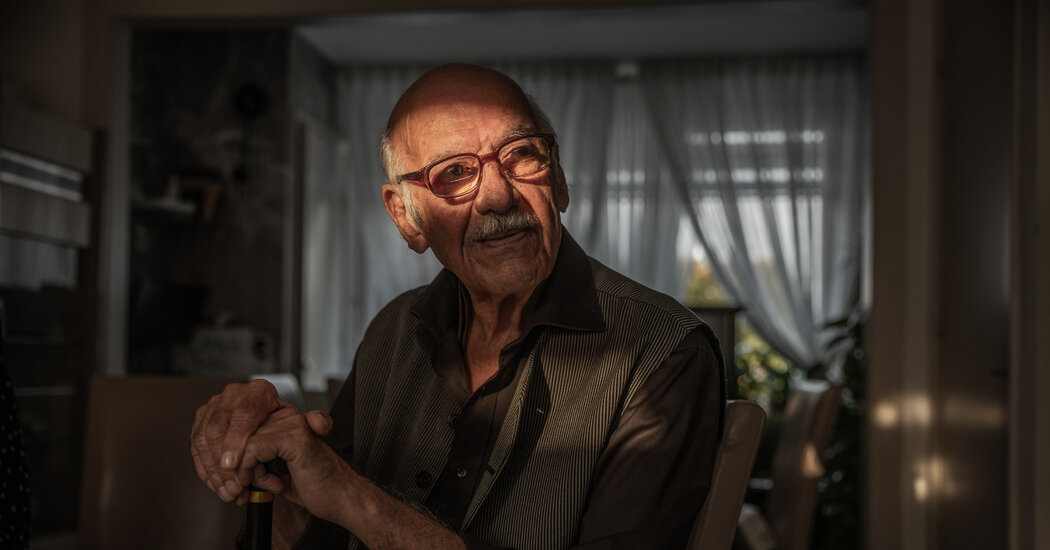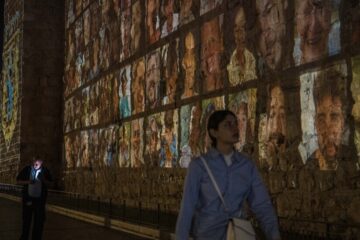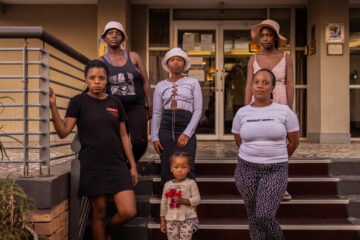[ad_1]
A Secret
He was born Mohammed Sadiq Habibi in the southern Afghan province of Kandahar in 1935 — a time, he says, when Kandahar “had one doctor and two homeopaths.” The conservative Habibi family was well known. Seven generations of its men before him had trained as Islamic scholars, known as Mawlawis.
But his father, Mawlawi Mohammed Rafiq Habibi, was a conflicted man.
Although he had studied as a religious scholar, he worked as a bank clerk and was for years the Afghan state bank’s representative in Karachi, which was then a port city in undivided India. He dressed in suits and ties and was open to debating theological questions with his son about the existence of God.
It was his mother, though, who opened new worlds for him.
Some of his earliest memories involve listening to his mother, Bibi Hazrata, and other women of the family in Arghandab, a district of pomegranates and vineyards, as they sang folk songs at weddings and family gatherings. His mother was also his early interpreter of poetic verse. She did not have formal schooling, but classical poetry in those times was a pillar of education in the mosque and at home.
“My mother had a lot of interest in poetry, and knew the meanings well,” he said.
One of the first recordings he made, years later, for Radio Afghanistan was of a Pashto folk song he had heard as a child, which his mother helped him understand. On a bus ride from Kandahar to Karachi, the conductor softly sang the song.
I am going to visit my beloved today
May God shorten these earthly ropes.
The boy tugged at his mother and asked what “earthly ropes” meant. She described God as a puppet master of sorts, sitting in the heavens.
“All these distances in the world — the threads, the ropes are in God’s hand,” she told him. “Whenever he wants to connect the lover with the beloved, brother with brother, husband with wife, he pulls the strings and the distances disappear.”
[ad_2]
Source link




